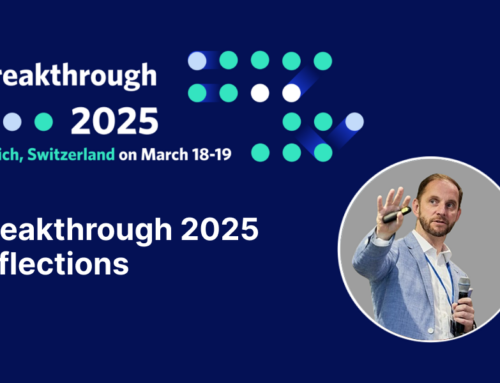On March 11, 2010, ArisGlobal hosted a webinar titled Optimizing Adverse Event Reconciliation in Medical Affairs, hosted by Sandeep Mahagaonkar, Director of Product Management – Medical Affairs and Quality at ArisGlobal.
In this webinar Sandeep discussed how Medical Affairs, from the first inquiry to the delivery of medication to a patient, has a tremendous need for compliant and accurate information to be delivered on a global scale. Part of that process is to get adverse event information, received with a medical inquiry, to the pharmacovigilance department as quickly as possible. Meeting compliance requirements and effectively triaging the data and sending it to the appropriate health authorities is a necessity. To accomplish this goal, information must flow seamlessly to optimize the adverse event (AE) reconciliation process. Many life sciences companies are still utilizing a manual process for their medical affairs needs. From a manual process perspective, here is how the current process would play out: a reporter and MI professional manually enter forms and information into the database. Once this is completed, the intake associate reviews this information, and a final MI Agent performs a reconciliation. Given the exponential growth of medical data, including adverse event information, and the need to deliver this information globally, this manual process is not scalable for the future needs of any large life sciences organization. With the benefit of automation, however, these manual processes are minimized. After the reporter has entered the necessary information and forms, automation takes over and accelerates the critical next steps in the process. ArisGlobal’s LifeSphere® Medical Affairs platform can help make this automation possible through the entire process. It is a global, integrated, and comprehensive platform created to help companies successfully manage all medication information activities. It utilizes automation to assist in the collecting, exporting, and handling of AE data.To learn more about the LifeSphere Medical Affairs platform, you can view this webinar – on-demand Optimizing Adverse Event Reconciliation in Medical Affairs.
To find out how our medical affairs products can help your team, read our whitepaper – Empowering Global Medical Information Teams with Software Solutions.




